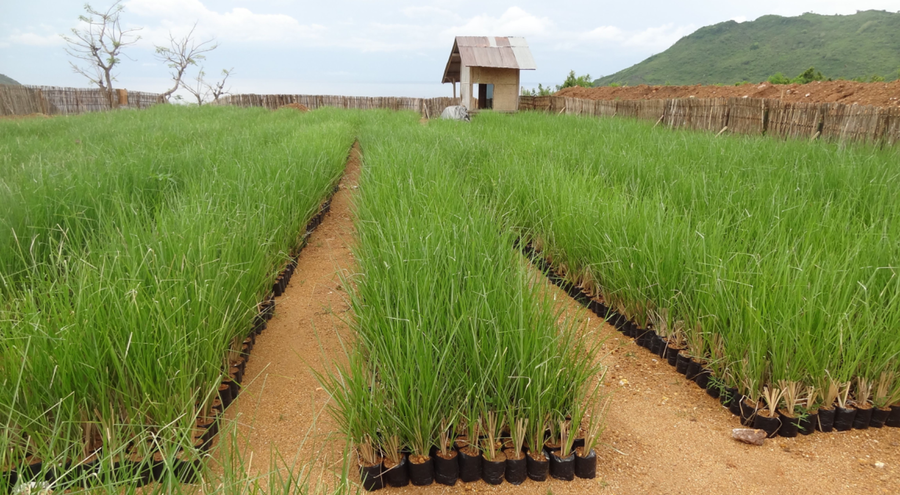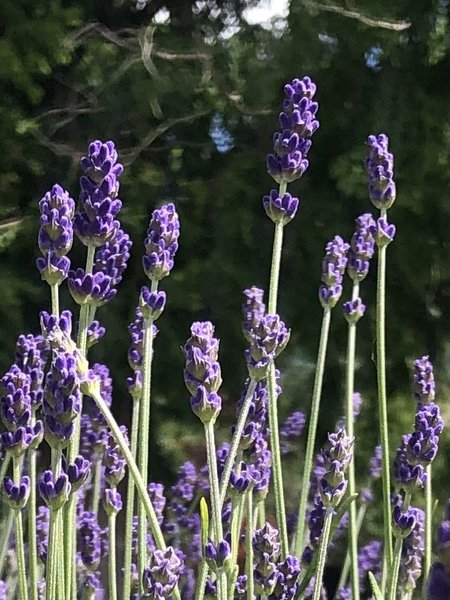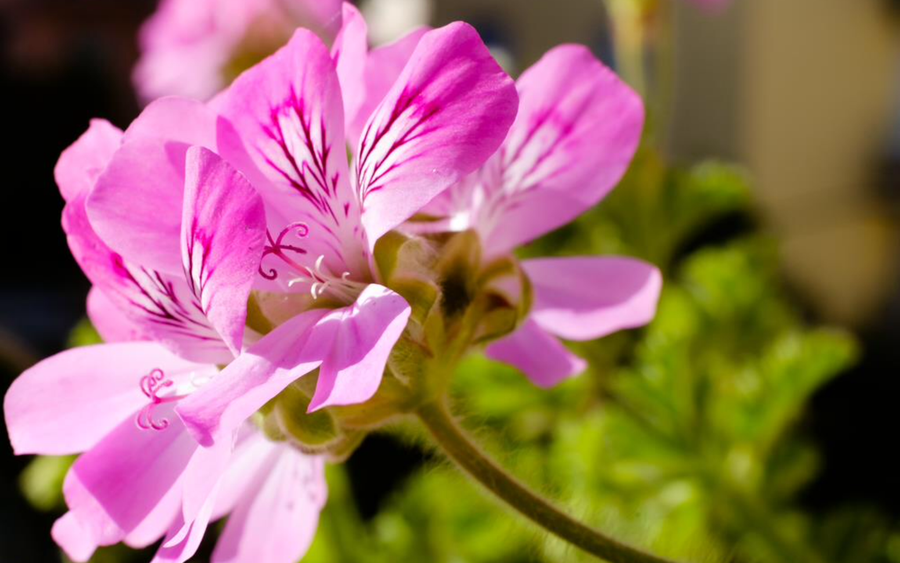It is a complementary therapy that can work alongside and complement other traditional therapies such as acupuncture, reflexology and massage as well as more conventional therapies such as chiropractic and of course orthodox medicine. It is an all-embracing holistic therapy.
How essential oils work
Essential oils evaporate and we breathe them in through the sense of smell (the olfactory nerves) the odour is changed into a nerve message and passed through the limbic system to the brain this is the oldest part of the brain, developed in the womb). The centres for emotions such as pain, pleasure, anger, rage, fear, sorrow, sexual feelings, affection, memory, creativity and other emotional reactions are reached and the smell is identified. At the same time pictures and feelings of previous events, people, landscapes and objects are associated with the scent and cause a reaction through the autonomic nervous system. The hypothalamus is the control centre for the pituitary gland which governs the endocrine system, controlling hormone reaction of the brain and body which takes place whenever aromatic oils are used.
Psychological benefits of aromatherapy massage
- Uplifting feeling due to individual attention
- Release of emotions
- Relaxation, allowing client to 'unwind'
- Positive effect for client about how they feel about their own body
- Increases self-esteem and ability to cope
Oils I work with
Vetiver:

The rootlets have been used in the East for their fine fragrance since antiquity. In India and Sri Lanka the essence is known as the oil of tranquility. It is botanically related to Lemongrass, Citronella and several other scented grasses. The smell is subtle and not easy to define, it has a depth and smokiness somewhat reminiscent of both Myrrh and Patchouli.
Action: Antiseptic, antispasmodic, depurative, rubefacient, sedative (nervous system), stimulant (circulatory, production of red corpuscles) Tonic, vermifuge. Vetiver is deeply relaxing, so valuable in massage for anybody experiencing stress, anxiety, insomnia or depression. Skin care: Acne, cuts, oily skin,wounds. Circulation, Muscles and Joints: Arthritis, muscular aches and pains, rheumatism, sprains, stiffness.
Lavender:

Lavender has a well-established tradition as a folk remedy, and it’s scent is still familiar to almost everyone. Of all the essential oils, that is of Lavender is undoubtedly the most versatile, with a spread of properties... Perhaps the most important property of Lavender oil is its ability to restore unbalanced states - whether of mind or body - to that state of balance in which healing can take place.
Action: Anticonvulsive, antidepressant, antimicrobial, antirheumatic, antiseptic, cicatrisation, diuretic, hypotensive, insecticide, stimulant etc Lavender is for the relief of muscular and joints pain, whatever the cause. It’s best used in a massage oil, either alone or preferably blended with another oil. Lumbago, rheumatism, sprains Skin care: Abscesses, acne, allergies, eczema, inflammation, psoriasis, bruises etc Respiration system: Asthma, bronchitis, catarrh, etc Herb Nervous system: Depression, headache, insomnia, stress-related, PMT etc Immune system: flu, Digestive system: colic, nausea, etc
Geranium:

They have many properties in common with the rose Geranium been used since antiquity. The oil can be described as having a middle position between the sweetness of rose and the sharpness of bergamot.
Action: Antidepressant, antihaemorrhagic, anti-inflammatory, antiseptic, cicatrisation, fungicidal, stimulant, (adrenal cortex) etc Geranium is a great assistances in menopausal problems and all conditions where a fluctuating hormone balance is indicated. Skin care: Acne, bruises, broken capillaries, dermatitis, etc Circulation Muscles and joints: Cellulitis, poor circulation, etc Nervous system: Nervous tension, neuralgia, stress-related conditions.